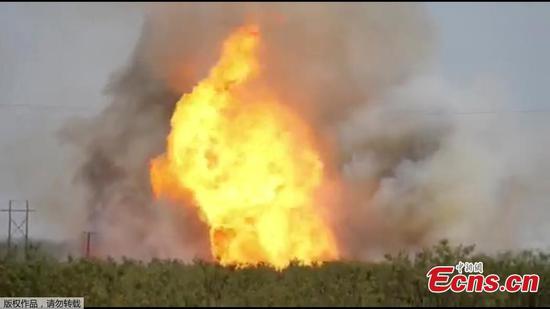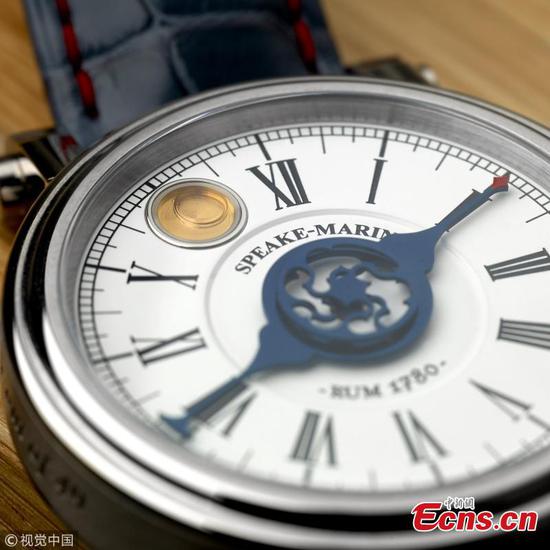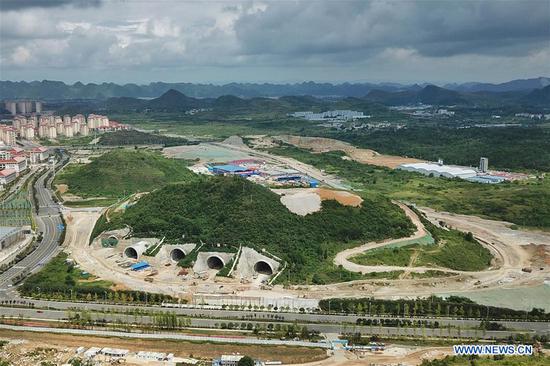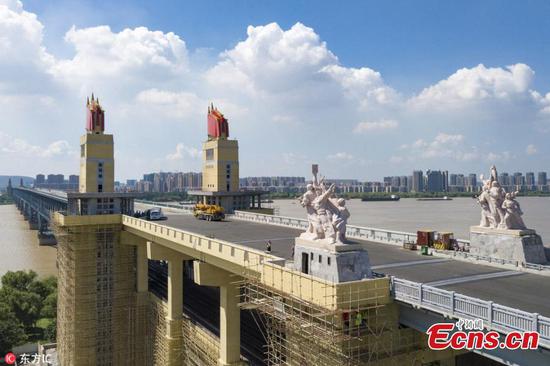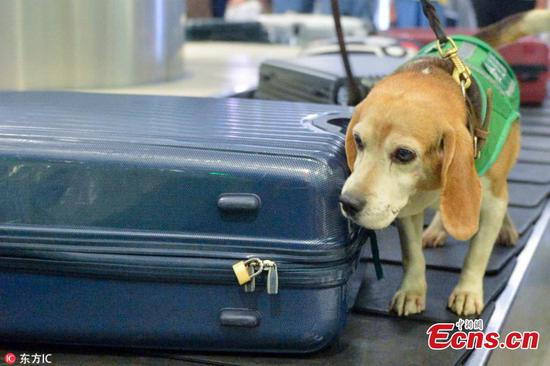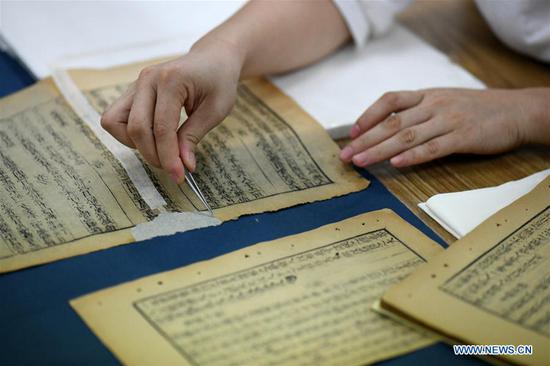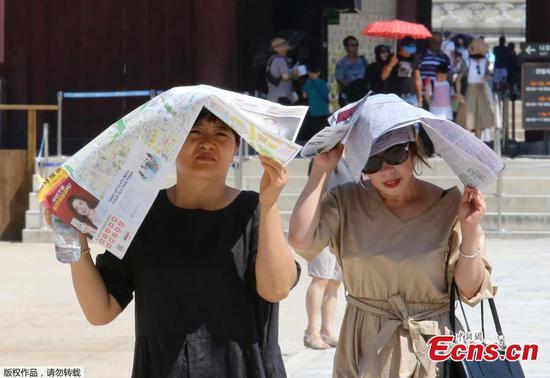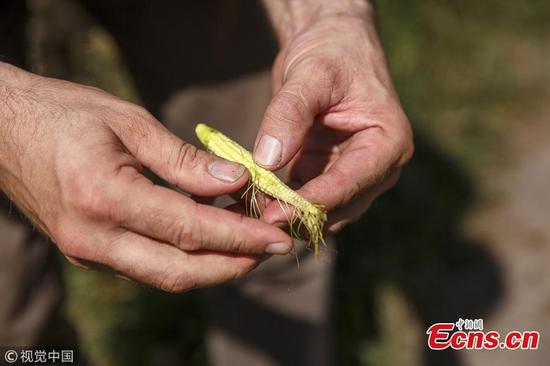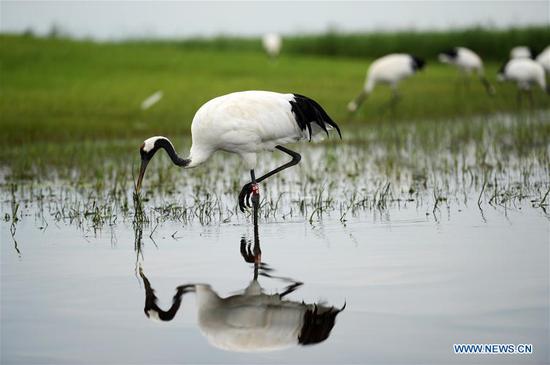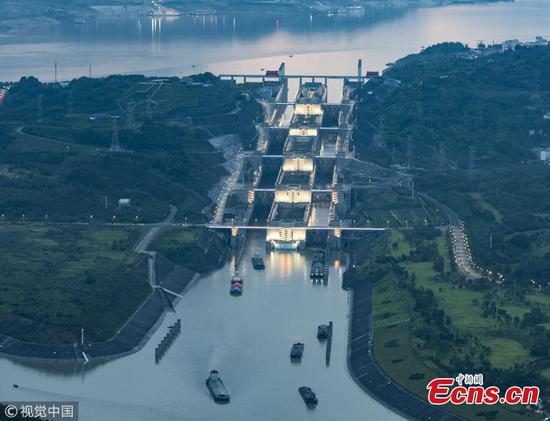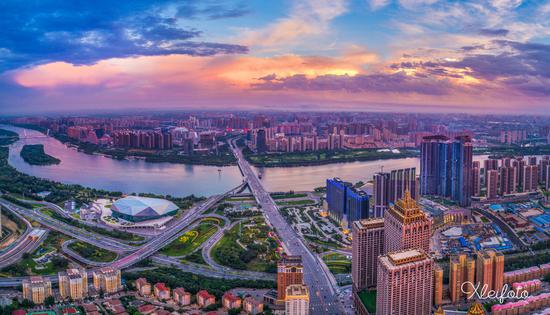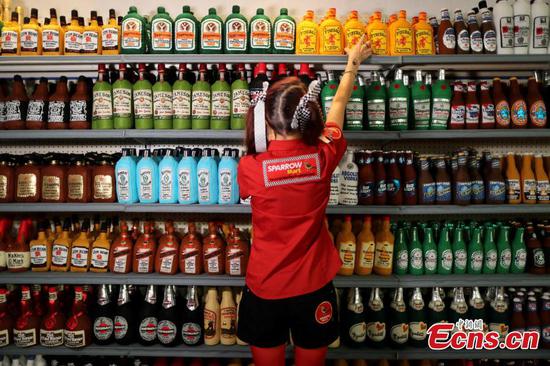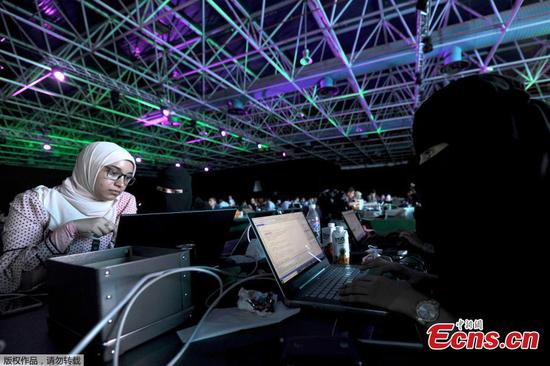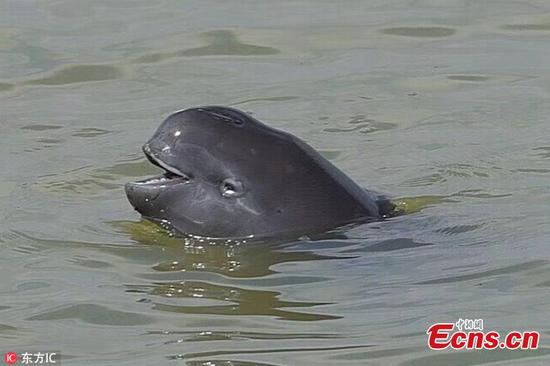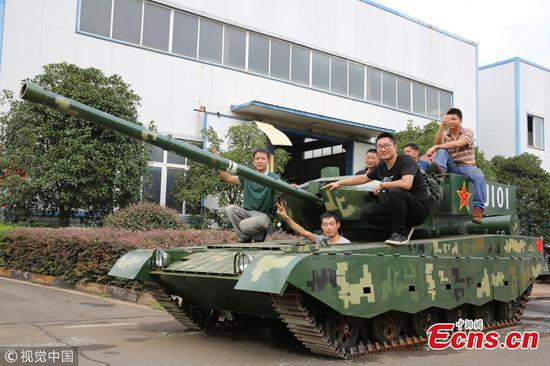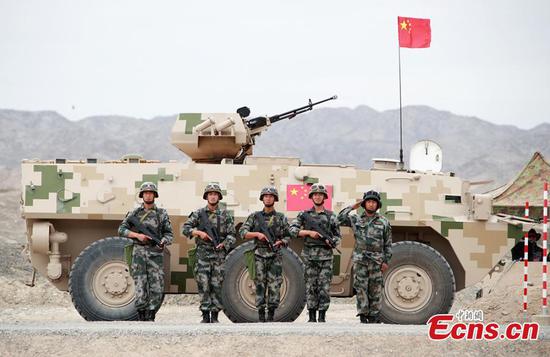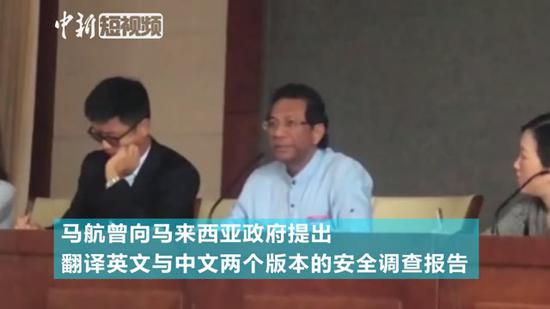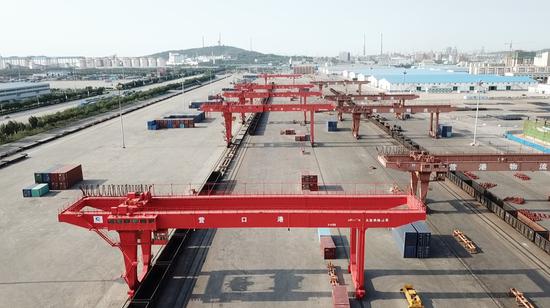
Yingkou Port is one of the bases for China Railway Express to Europe, which transports over tens of billions of US dollars' worth of goods. (Photo/CGTN)
A Sino-Russia food corridor is now open in the free trade zone of the northeastern Chinese port of Yingkou.
By the end of August, the first freight trains carrying Russian soybeans are expected to arrive in the city before the cargo being delivered to a processing plant in southern China.
Russian soybeans are the main crop Chinese importers hope to bring in via the corridor. Amid the current trade tension between China and U.S., the corridor could be the answer to a possible shortage of American soybeans.
“The current international trade situation is merely coincidental; we've been working on this corridor for a long time,” said Yang Haiqing, chairman of China Europe Innovation Technology — the company responsible for the new thoroughfare.
Yang also said that the market has been positive about Russian soybeans as they are free of chemical fertilizer and are not genetically modified.
The Sino-Russia Food Corridor aims at boosting its imports of Russian agricultural products like soybeans and corn to two million tons in the first year and to reach an annual amount of 10 million tons in the second year, with a future target of 20 million tons a year. By comparison, China imported over 30 million tons of American soybeans in 2017, one third of the nation’s need of soybean imported.
With such a large volume expected in the future, Yingkou’s Free Trade Zone — where the corridor operates — has high hopes for the project as a part of China's opening up.
“We want to use this food co-op project to boost other cooperations between the two countries — such as investment, trade and financial areas,” said Zhang Dong, the deputy secretary-general of Yingkou city and who also oversees the free trade zone.
If the corridor operates smoothly, Yingkou city could soon see container after container of Russian crops arriving. However, as the corridor’s logistics provider, Liaoning Shen-Ha & Hongyun sees a few obstacles ahead.
"The corridor’s planned volume is huge and the entire logistics chain is also very long. Coordination and transporting capacity can be challenging at some points,” said Yuan Zhenhe, the vice general manager for Liaoning Shen-Ha & Hongyun Railway Logistics.
Nevertheless, the corridor could contribute as much as 10 billion U.S. dollars to Sino-Russian trade once it reaches its 20-million-ton annual capacity. And in addition to meeting domestic demand, many hope to eventually trade incoming crop volume with Japan and South Korea as well.









